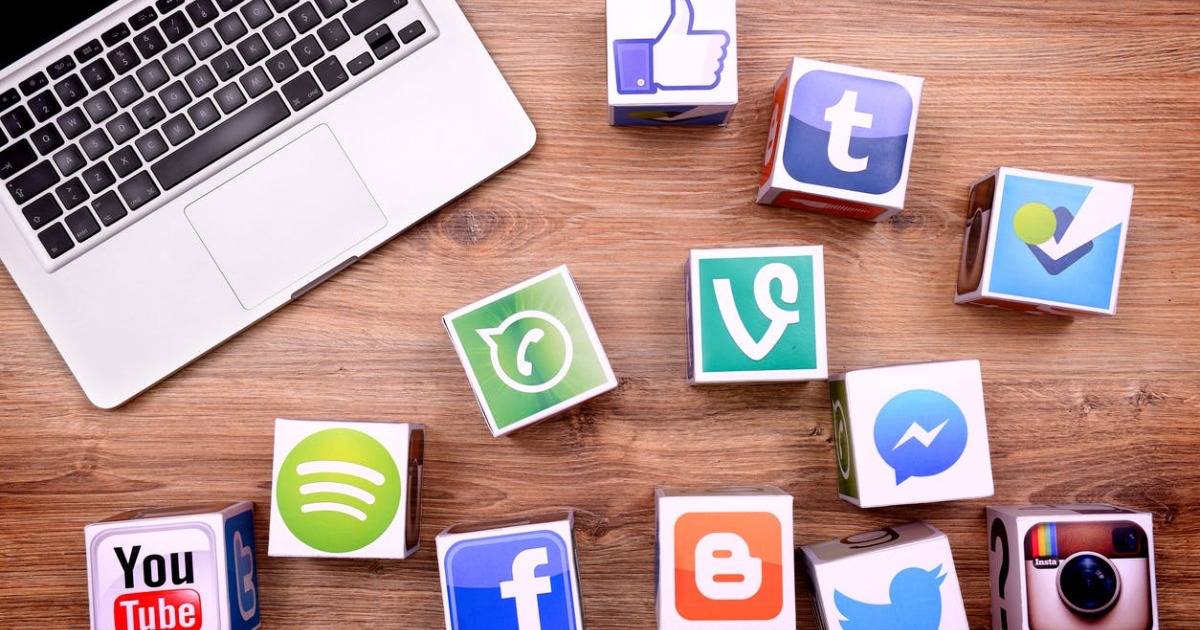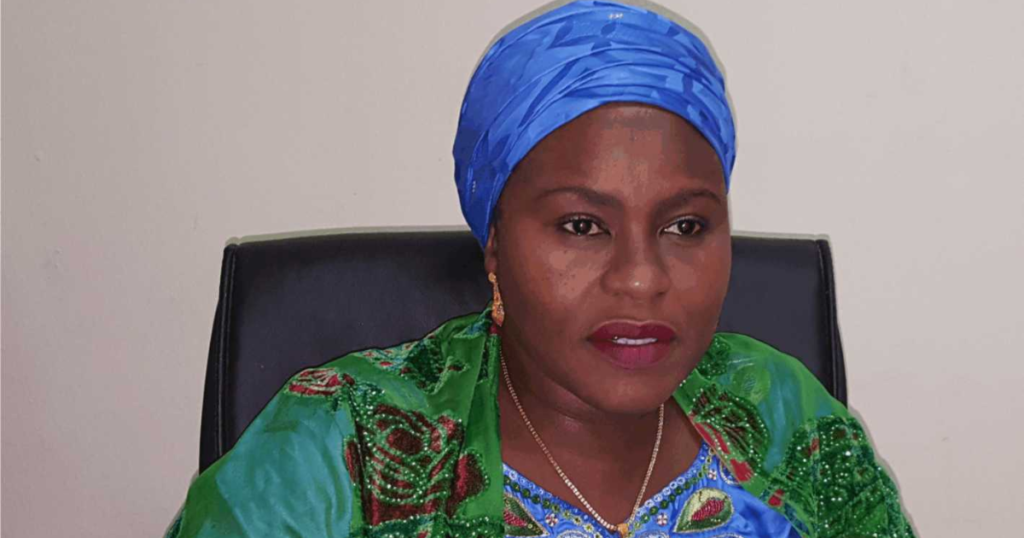NITDA Releases Draft to Regulate Social Media: Is this another attempt by the Nigerian Gov't to stifle free speech?

Barely six months since the President Mohamadu Buhari-led federal government of Nigeria lift the 222 days old ban on the micro-blogging site, Twitter – the Federal Government had announced the suspension of Twitter operations on June 4, 2021, after the social media giant deleted a twit by President Buhari for “violation of the company’s abusive behavior policy” – there is a strong indication that the government is again trying to regulate the operations of the social media platforms through one of its agencies, National Information Technology Development Agency (NITDA).
This is contained in a press release by the National Information Technology Development Agency (NITDA) on Monday on its website. The draft is titled “Code of practice for interactive computer service platform/internet intermediaries.” The Agency referred to section 6 of the NITDA Act 2007, which empowers it to standardize, coordinate and develop regulatory frameworks for all Information Technology (IT) practices in the country.
The agency claims that these conditions are aimed at “protecting fundamental human rights of Nigerians and non-Nigerians living in the country” as well as “define guidelines for interacting on the digital ecosystem.”
The newly drafted proposed social media regulation includes:
- Establish a legal entity; in other words, register with the country’s Corporate Affairs Commission (CAC).
- Appoint a designated country representative to interface with Nigerian authorities.
- Abide by all regulatory demands after establishing a legal presence.
- Comply with all applicable tax obligations on its operations under Nigerian law.
- Provide a comprehensive compliance mechanism to avoid publication of prohibited content[s] and unethical behavior on their platform.
- Provide information to authorities on harmful accounts, suspected botnets, troll groups, and other coordinated disinformation networks and delete any information that violates Nigerian law within an agreed time.
Hadiza Umar, NITDA’s head of corporate affairs, in the press statement said “The new global reality is that the activities conducted on these online platforms wield enormous influence over our society, social interaction, and economic choices. Hence, the Code of Practice is an intervention to recalibrate the relationship of online platforms with Nigerians in order to maximize mutual benefits for our nation.”
According to NITDA, the proposal was written in response to a presidential directive. It also claimed to work with Nigeria’s communications and television regulatory bodies–and to seek feedback from the internet companies affected by its proposal. According to the agency, the draught is available for public study and feedback.

Hadiza Umar, NITDA’s head of corporate affairs
The NITDA draft is the most recent development on this front, and some Nigerians believe it will be the last. Others, however, are concerned that the Nigerian government would go too far and cease the activities of these online platforms, as it did with Twitter if they do not comply with its policies.
That singular ban cost Nigeria a whooping N546.5b economic losses, according to the TheGuardian Newspaper report.
There is a growing concern as this is coming barely 256 days to the 2023 general election which might be seen as efforts by the government to stifle the chances of the candidates of the opposition political parties, particularly those of them that are quite popular with the netizens.
You will recall that this is not the first time that the government is attempting to regulate social media usage in the country it has flirted with the idea over the past couple of years. The latest was last June when the government, in the same press release announcing Twitter’s ban, directed the broadcasting regulator, the National Broadcasting Commission (NBC), to commence the process of licensing the operations of social media and OTT platforms in the country which also included the likes of YouTube, Zoom, WhatsApp and Skype.
According to a memo issued at the time by Kashifu Inuwa Abdullahi, the director-general of NITDA to Nigeria’s president, Muhammadu Buhari, one of the three conditions for Twitter’s restoration was the establishment of “a legal entity in Nigeria during the first quarter of 2022.”
Others included paying local taxes and collaborating with the Nigerian government to censor abusive tweets and material.
We’re halfway through the year, and none of the prerequisites appear to have been met. However, this hasn’t stopped the government from moving on with plans to expand these requirements to other internet businesses, including Meta-owned platforms, Twitter, and Google.
Among the many serious concerns that deserve the government’s attention, one must wonder why the Nigerian government is so hell-bent on regulating the social media sector by any means possible.
Could the government’s reasons, “protecting fundamental human rights of Nigerians and non-Nigerians living in the country” and “defining guidelines for interacting on the digital ecosystem” be trusted, or are these a smoke screen to trample on Nigerians’ fundamental human rights as guaranteed in the nation’s constitution?
